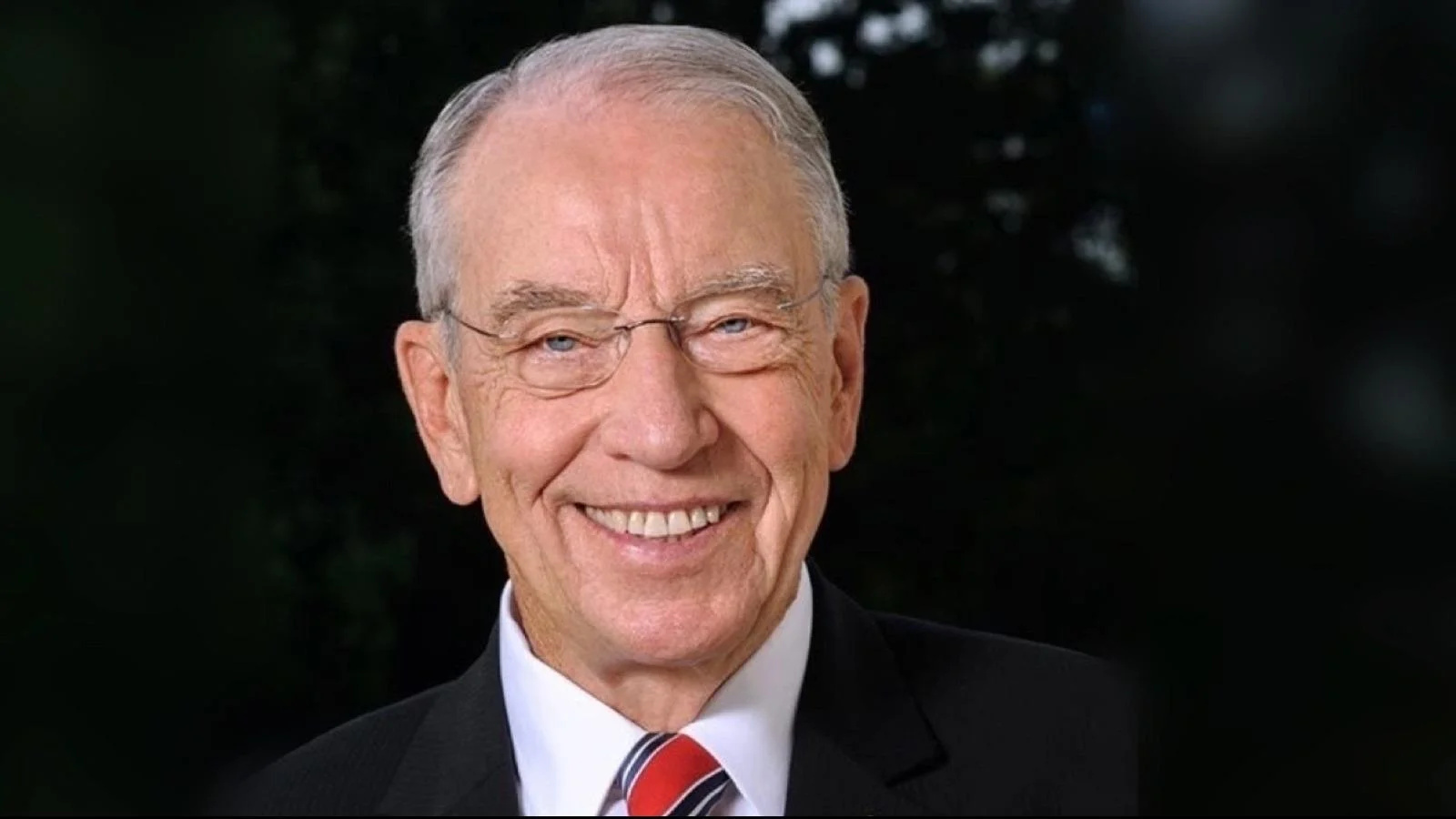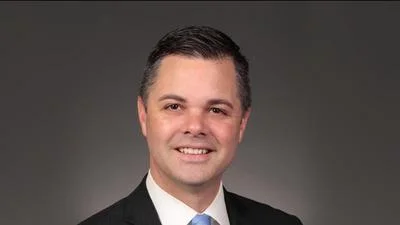Senator Chuck Grassley | Official U.S. Senate headshot
Senator Chuck Grassley | Official U.S. Senate headshot
Senator Chuck Grassley (R-Iowa) questioned Treasury Department nominee Derek Theurer on the implementation of the One Big Beautiful Bill Act during a Senate Finance Committee hearing. Grassley, who is a senior member and former chairman of the committee, focused his questions on provisions related to biofuels, wind, and solar energy.
Grassley asked Theurer if he would advise the Treasury Department to maintain its established interpretation of when a project "began construction." He also requested a timeline for formal guidance on implementing the clean fuels tax credit, which he said would give Iowa’s biofuels industry more certainty.
Grassley addressed several aspects of the bill. "The One Big Beautiful Bill was an historic achievement. We averted the largest tax increase in history. It made pro-growth business provisions permanent. It unlocked business investment that will create jobs. The bill also provides additional middle-class tax relief," Grassley said.
He emphasized that as Treasury implements the bill, it should work with Congress to ensure all provisions are applied according to statute and congressional intent. "So, the first question is a very general one. Can we count on you to keep Congress well informed during the implementation process and consult with [relevant] members of Congress where questions arise as to what was congressional intent?" Grassley asked.
Grassley highlighted his interest in ensuring faithful implementation of wind and solar credits and modifications to the Clean Fuels Production Credit. "There are several provisions that I’m particularly interested in, in seeing faithfully implemented. This includes the structure of the phase-out for the wind and solar credits and modifications to the Clean Fuels Production Credit. And, remember, you’re talking to the father of the Wind Energy Tax Credit," he stated.
He noted that Congress set a 12-month transition period for phasing out wind and solar credits based on when projects begin construction, referencing long-standing Treasury guidance for this definition. "What it means for a project to 'begin construction' has been very well established by Treasury guidance for more than a decade. Moreover, Congress specifically references current Treasury guidance to set that term’s meaning in law. It seems to me, this is a case where both the law and congressional intent are very, very clear," Grassley said.
He then asked Theurer directly: "So, Mr. Theurer, will you commit to advising the Department that both the law and congressional intent are clear and that the 'beginning of construction' – those official words – means what it has meant for more than a decade?"
Grassley raised concerns about delays in issuing regulations for section 45Z of the Clean Fuels Production Tax Credit under recent legislation, noting disruptions such as plant closures in Iowa's biofuels sector due to regulatory uncertainty from federal agencies.
"The reconciliation bill includes an extension and modification of [the] Clean Fuel[s] Production Tax Credit under 45Z. Implementing this credit properly and quickly is important for the biofuels industry and its participants, especially farmers. The Biden administration failed to meaningfully address 45Z regulations, which has caused major market disruptions, including plant closures," Grassley said.
He pressed Theurer: "When can we expect to see guidance formally implementing the clean fuels credit so the biofuels industry can confidently move forward with operations?"
In addition to questions about energy policy, Grassley questioned Bryan Switzer—nominated as Deputy U.S. Trade Representative—about America's trade balance with China: "You will be handling areas of international trade, and I’m interested in China. Based on your personal history, you know how challenging this will be. Do you think that the whole United States economy needs to decouple completely from China, or only certain sectors of our economy?"






 Alerts Sign-up
Alerts Sign-up